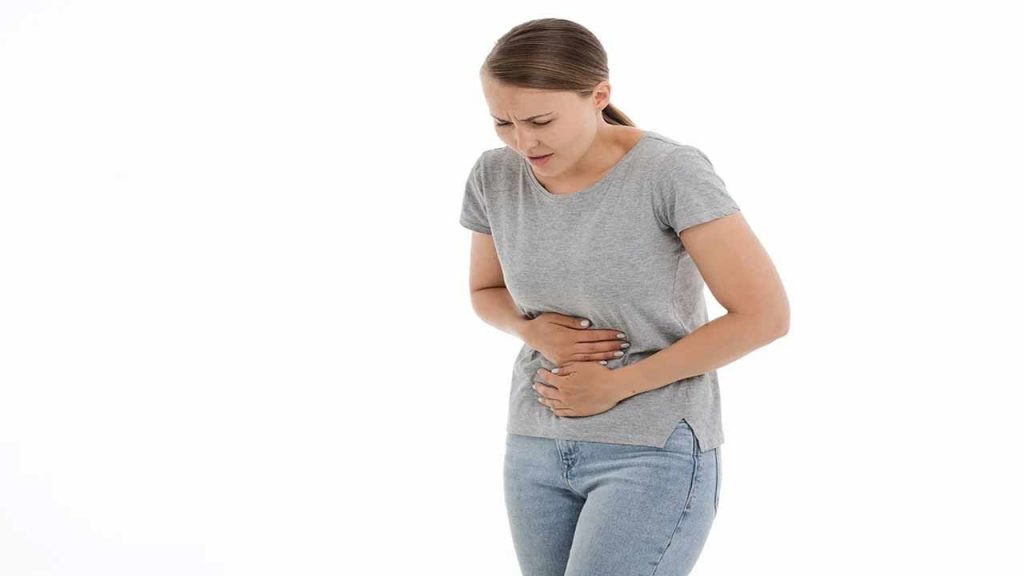Food poisoning or food illness occurs when someone consumes contaminated food. This may cause adverse symptoms in the body. Usually, food poisoning causes vomiting or diarrhea that tend to be short-lived. But sometimes electrolyte abnormalities and dehydration may develop. According to the Center for Disease Control and Prevention (CDC), approximately 48 million people fall ill from food-related diseases every year. This also leads to 128,000 hospitalizations and over 3,000 deaths every year.
Stomach cramps, vomiting, and diarrhea are some very common symptoms of food poisoning. Let’s discuss some common types of germs that cause food poisoning.
Salmonella: This is a familiar term for many but they may not be aware of the fact that there are more than 2,000 different types of bug. It is generally linked with animal products like eggs, chicken, and milk but some time even water can carry salmonella.
E.coli: It was earlier linked to undercooked ground beef but recently the germ has shown up in several other places.
Campylobacter: It can be pretty unpleasant as it can cause arthritis, high fever, and Guillain-Barre syndrome. It is caused generally from the consumption of contaminated poultry or poultry products.
Shigella: It is often considered to be transmitted through the meat but shigella is typically passed along via vegetables, often related to breakdowns in food safety. It is usually transmitted from one person to another due to poor hygiene practices.
Botulism: It is associated with cured pork, improperly canned vegetables, and ham. This produces a neurotoxin that may result in paralysis.
There are different causes of food poisoning but there are some very common food safety tips. Here are some of them:
- Wash your hands properly with soap before preparing food and even after handling each different kind of food.
- Keep cooked and raw food separately.
- Avoid eating foods kept at room temperature for more than two hours.
- Refrigerate leftovers promptly.

